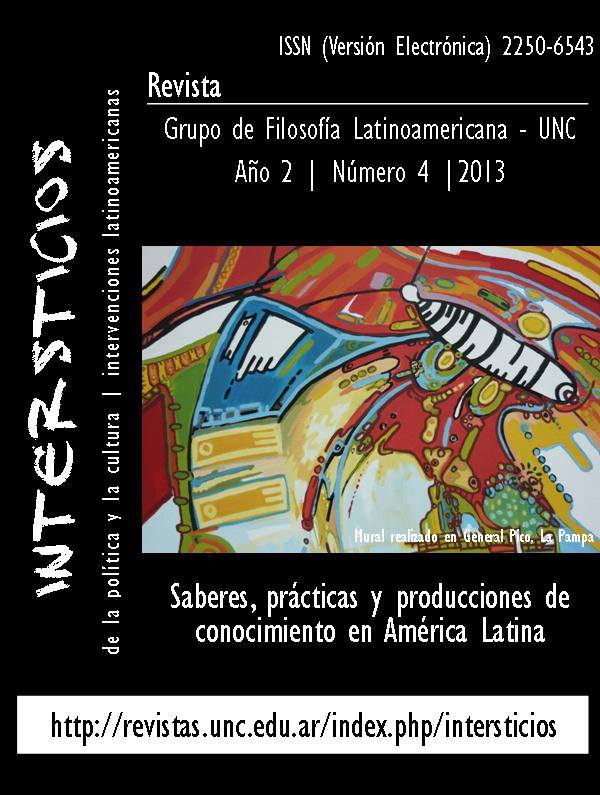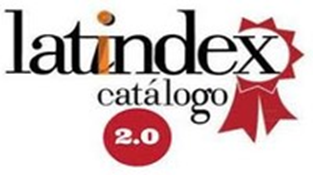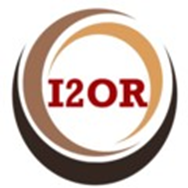CONSIDERACIONES SOBRE EL PENSAMIENTO DE FRANZ HINKELAMMERT A PARTIR DE TEOLOGÍA PROFANA Y PENSAMIENTO CRÍTICO/CONSIDERATIONS ABOUT THE THOUGHT OF FRANZ HINKELAMMERT AS A RESULT FROM READING TEOLOGÍA PROFANA Y PENSAMIENTO CRÍTICO (SECULAR THEOLOGY AND CR
Abstract
Resumen
El texto expone algunas consideraciones sobre el pensamiento del filósofo alemán Franz Hinkelammert (1931) emanadas a partir de sus conversaciones mantenidas con la filósofa Estela Fernández Nadal y el sociólogo Gustavo Silnik, ambos mendocinos y estudiosos de su obra. La lectura de Teología profana y pensamiento crítico. Conversaciones con Franz Hinkelammert permite esbozar ciertos interrogantes sobre los procesos sociopolíticos latinoamericanos contemporáneos, revelando de este modo la actualidad y pertinencia del pensamiento de este importante referente del pensamiento crítico latinoamericano.
Franz Hinkelammert – Teología Profana – Pensamiento crítico
Abstract
The text presents some considerations about the thoughts of German philosopher Franz Hinkelammert (1931), arising from his talks with the philosopher Estela Fernández Nadal and the sociologist Gustavo Silnik, both from Mendoza (Argentina) and scholars of his work. The reading of Teología profana y pensamiento crítico. Conversaciones con Franz Hinkelammert (Secular Theology and Critical Thinking. Conversations with Franz Hinkelammert) can outline some questions on contemporary latin american socio-political processes, thereby revealing the pertinence and relevance of the thought of this important model of latin american critical thinking.
Franz Hinkelammert – Secular Theology – Critical Thinking
Downloads
Downloads
Published
Issue
Section
License
Authors who have publications with this journal agree to the following terms:
a. Authors will retain their copyright and grant the journal the right of first publication of their work, which will simultaneously be subject to the Creative Commons Attribution License that allows third parties to share the work as long as its author and first publication in this journal are indicated.
b. Authors may adopt other non-exclusive license agreements for distribution of the published version of the work (e.g., deposit it in an institutional telematic archive or publish it in a monographic volume) as long as the initial publication in this journal is indicated.
c. Authors are allowed and encouraged to disseminate their work through the Internet (e.g., in institutional telematic archives or on their web page) after the publication process, which may produce interesting exchanges and increase citations of the published work (see The effect of open access).











